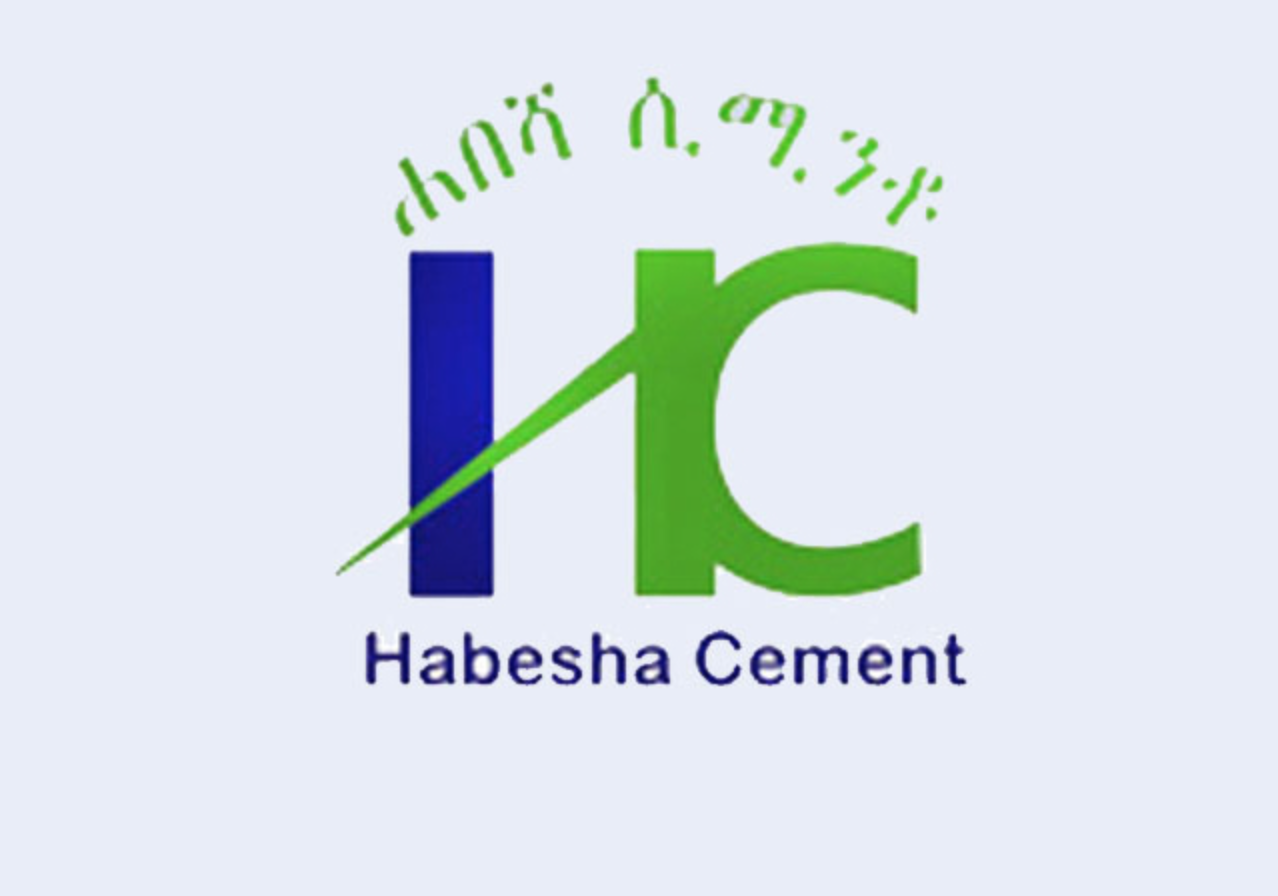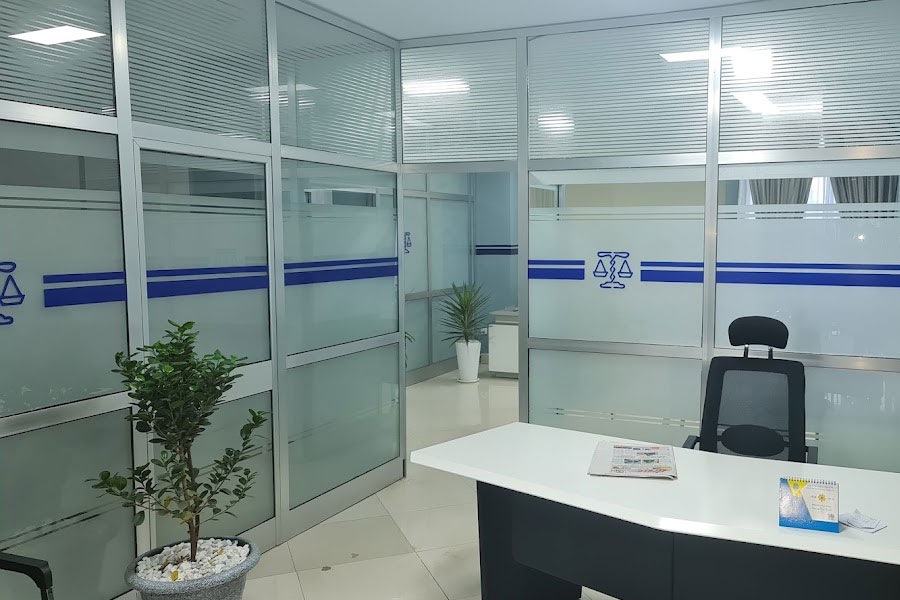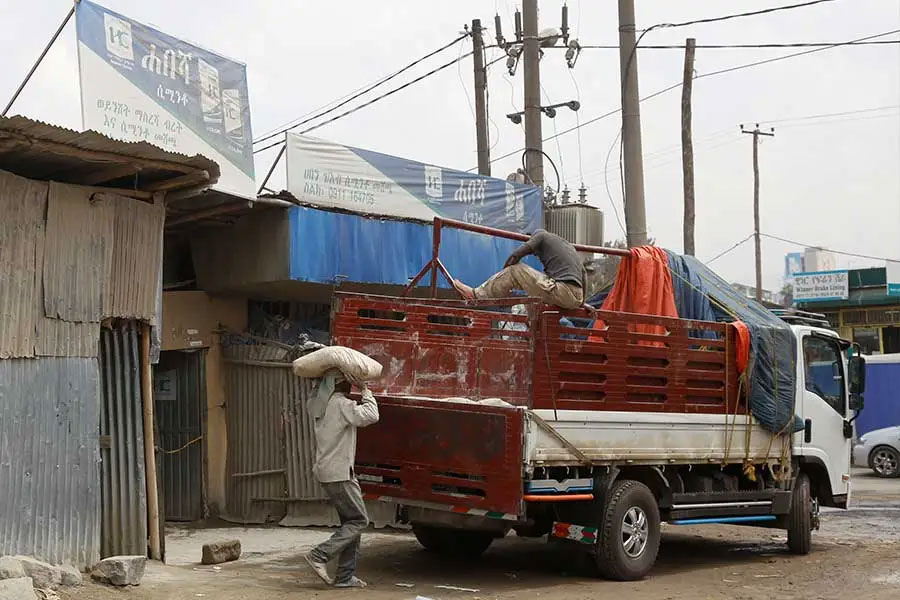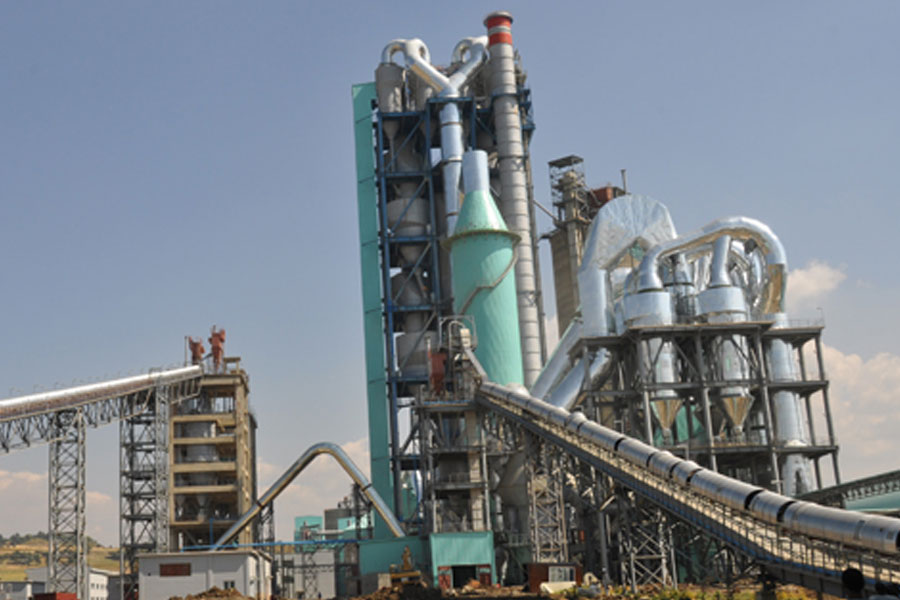
Radar | Dec 28,2019
Getu Gelete has struck a deal to acquire a 40pc stake in Habesha Cement S.C., buying out Pretoria Portland Cement Company Ltd (PPC). The business mogul owns a 21pc stake in Habesha Cement; the latest acquisition will give him effective control over the company.
Getu is one of Ethiopia’s prominent business figures, having organic growth in the private sector for over five decades. He is a significant shareholder of Get-As International Plc, incorporated in 1974, having now six subsidiary companies. The company owns landmark properties across the city, including Getu Commercial Centre, on Africa Avenue.
The negotiations between representatives of Get-As International, a consumer goods importing conglomerate, and Pretoria Cement took almost a year before the duo reached an agreement two months ago.
"What's left is to authenticate the deal," Getu confirmed to Fortune.
Installed in 1892 on the outskirts of Pretoria, PPC was the first cement plant in South Africa. It now operates eight cement manufacturing plants and three milling depots in South Africa and five other African countries, with an annual production capacity of eight million tonnes of cement. The company invested 12 million dollars a decade ago to acquire a stake in Habesha Cement.
Getu says his company acquired the shares at par value through its own financing. He declined to disclose the value of the acquisition. However, industry insiders estimate that gaining decisive control in the company may cost Getu over half a billion Birr.
Ghassan Broummana, who took over the helm at Habesha Cement as part of a management shake-up two years ago, confirmed the acquisition but declined to comment further. Habesha Cement's shareholders hired Broumanna, a German national with 30 years of experience in the cement industry, to reverse the descent the company has been experiencing in recent years.
Habesha Cement had not serviced loans from the Development Bank of Ethiopia (DBE) valued at 40 million dollars. The Eastern & Southern African Trade & Development Bank (TDB) had also disbursed 80 million dollars. The loans amounted to 2.7 billion Br at the time of borrowing.
The company is expected to pay 40pc of its debts by next year. However, Habesha Cement had serviced only six percent of its arrears two years ago despite receiving loan restructuring on three occasions. The loans the company took in foreign currency have been challenging to repay as the Birr lost ground against major international currencies such as the Dollar and the Euro.
In 2019, the company suffered losses of 938.8 million Br due to issues with production, compounded by a further 1.47 billion Br loss the following year.
Its downward spiral contrasts the company's initial success in mobilising resources from the public.
Habesha Cement was incorporated in September 2008 with 30 founding shareholders. It floated 600,000 shares to the public with a par value of 1,000 Br. The initial public offering of shares was closed in August the following year, after Habesha founders raised 150 million Br in equity from over 16,500 shareholders, placing it among private companies with the largest shareholder base in Ethiopia.
Hailemariam Desalegn, a prime minister at the time, inaugurated the cement plant in 2017, erected near the town of Holleta, consuming a 3.2 billion Br in investment. It could produce 1.4 million tons of cement a year. Following the successful launch, its promoters pledged a 122pc return on investment to shareholders. The promise never materialised. The company has not paid any dividends thus far.
“I intend to add value to the company and raise its productivity,” Getu told Fortune.
However, shareholders who have been at odds with Habesha's management on the way forward are not too pleased with the new deal.
Kasim Siraj was a founding shareholder in Habesha Cement. He bought 200 shares in 2008.
“I've already lost hope in the company,” he told Fortune.
He declined to attend the company's last two shareholders' assemblies out of frustration.
Endale Tesfaye, another shareholder who bought 160 shares in 2015, attended the general assembly held in June last year at the InterLuxury Hotel (previously known as the InterContinental Addis).
“I didn't hear anything about the deal during the meeting,” Endale told Fortune.
Neither was the matter raised during a general assembly held last week at the same hotel, said a shareholder who attended. The lack of communications and transparency from the management and the board of directors raises concerns from legal experts, who argue that a deal of this magnitude must be relayed to shareholders.
Fekadu Petros, an attorney specialising in corporate law, warns the deal between Get-As International and PPC may run into legal challenges.
“If it wasn't raised during the general assembly, the board of directors must hold an extraordinary meeting to inform the shareholders about the acquisition,” he said. Other experts have a different view.
Yehualashet Tamiru, a legal consultant and researcher, argues that although the transfer of shares of such magnitude requires the consent of shareholders in principle, there are circumstances that can render the standard void.
"If the condition is specified in the memorandum of association, the transfer of shares will be a compelling action in the eyes of the law," he said.
PUBLISHED ON
Jul 02,2022 [ VOL
23 , NO
1157]

Radar | Dec 28,2019

Fortune News | Oct 02,2021

Radar | Jul 23,2022

Fortune News | Dec 25,2021

Radar | Aug 29,2020

Commentaries | Sep 04,2021


Radar | Jan 26,2019

Fortune News | Aug 27,2022

Fortune News | Aug 07,2021

Dec 22 , 2024 . By TIZITA SHEWAFERAW
Charged with transforming colossal state-owned enterprises into modern and competitiv...

Aug 18 , 2024 . By AKSAH ITALO
Although predictable Yonas Zerihun's job in the ride-hailing service is not immune to...

Jul 28 , 2024 . By TIZITA SHEWAFERAW
Unhabitual, perhaps too many, Samuel Gebreyohannes, 38, used to occasionally enjoy a couple of beers at breakfast. However, he recently swit...

Jul 13 , 2024 . By AKSAH ITALO
Investors who rely on tractors, trucks, and field vehicles for commuting, transporting commodities, and f...

Jul 5 , 2025
Six years ago, Ethiopia was the darling of international liberal commentators. A year...

Jun 28 , 2025
Meseret Damtie, the assertive auditor general, has never been shy about naming names...

Jun 21 , 2025
A well-worn adage says, “Budget is not destiny, but it is direction.” Examining t...

Jun 14 , 2025
Yet again, the Horn of Africa is bracing for trouble. A region already frayed by wars...